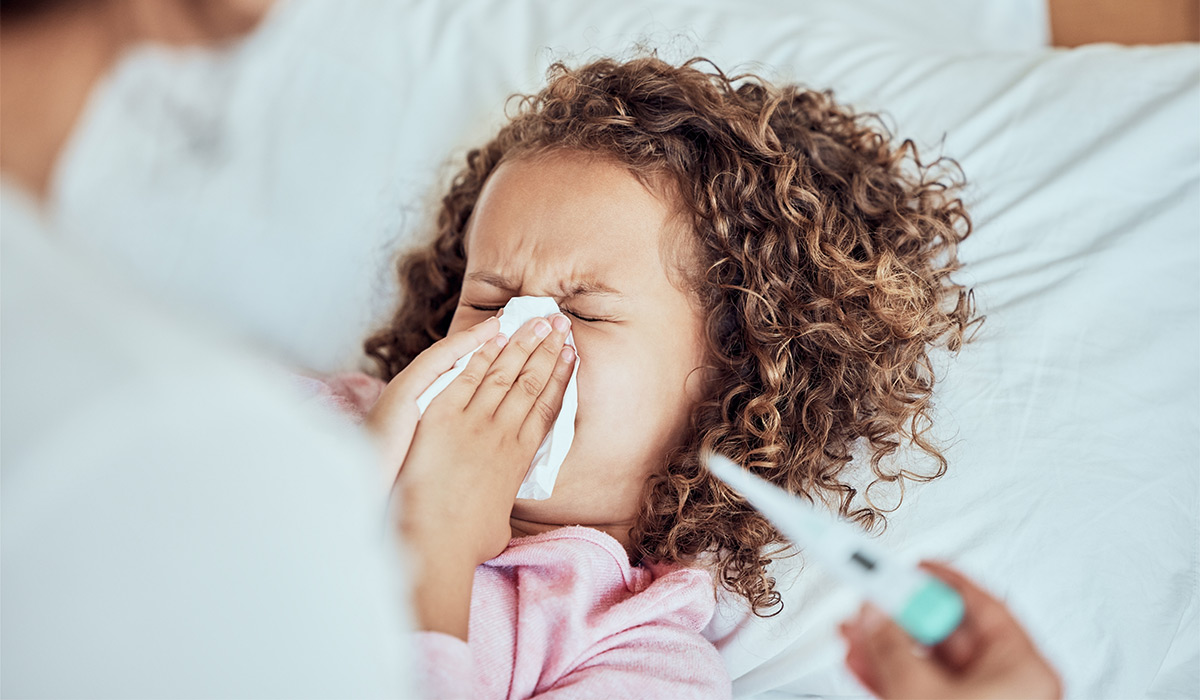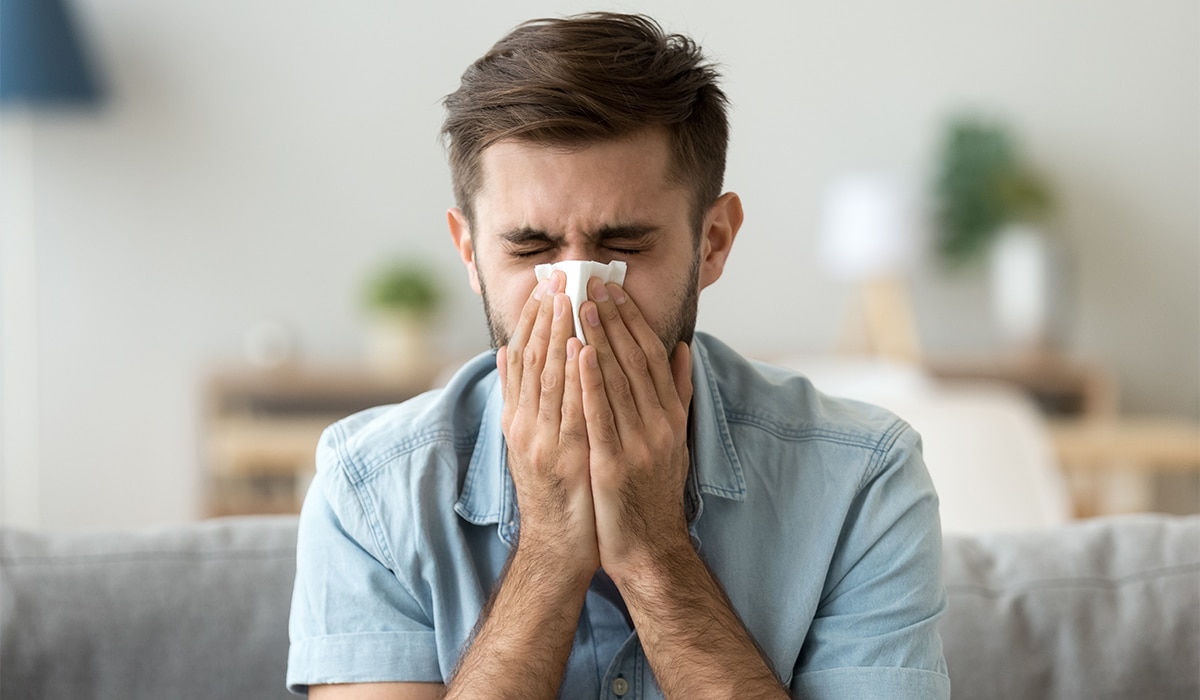A recent WHO report confirmed that the XEC variant was ‘showing increasing prevalence globally’ while the remaining variants showed a decline in cases.
It is understood that XEC is one of two strains increasing, with another variant of the virus spreading quickly in America and the Western Pacific Region.
Meanwhile, Europe and the UK are seeing a gradual increase in confirmed XEC cases.
What symptoms should I look out for?
 According to the HSE, the most common symptoms of Coronavirus are fever and chills (Temperatures of 38C or above), a dry cough, and fatigue. Pic: Shutterstock
According to the HSE, the most common symptoms of Coronavirus are fever and chills (Temperatures of 38C or above), a dry cough, and fatigue. Pic: Shutterstock
Although no health organisations have listed symptoms specific to the new variant, XEC is said to have similar consequences to other declining strains, such as Delta and other members of the Omicron family.
According to the HSE, the most common symptoms of Coronavirus are fever and chills (Temperatures of 38C or above), a dry cough, and fatigue.
Other more common symptoms related to COVID-19 are similar to those experienced during a flu, cold or hay fever episode.
The National Health Organization also added that less common symptoms such as a loss of taste or smell, sore throat, headache, or muscle pain may also appear. Still, it warned that more severe symptoms like loss of appetite, shortness of breath, and chest pressure may also occur in some patients.
How can I protect myself against COVID-19 this winter?
 Explaining that the winter will see ‘a slight increase in hospitalisations,’ Dr Jamie Lopez Bernal, Consultant Epidemiologist at the UK Health Security Agency (UKHSA), urged those eligible for flu vaccines to take them. Pic: Shutterstock
Explaining that the winter will see ‘a slight increase in hospitalisations,’ Dr Jamie Lopez Bernal, Consultant Epidemiologist at the UK Health Security Agency (UKHSA), urged those eligible for flu vaccines to take them. Pic: Shutterstock
While health experts here and in the UK aren’t sounding the alarm about XEC, they understand that it may circulate more when the winter flu becomes more prevalent in communities.
Explaining that the winter will see ‘a slight increase in hospitalisations,’ Dr Jamie Lopez Bernal, Consultant Epidemiologist at the UK Health Security Agency (UKHSA), urged those eligible for flu vaccines to take them.
The flu vaccine can protect against the three main winter threats: COVID-19, flu, and RSV. Dr Bernal says ‘now is the time to take them up and get winter strong’.
 Washing your hands regularly and adequately, covering coughs and sneezes with tissues and then binning the used tissues, checking that co-workers or home visitors don’t have COVID-19 regularly, allowing fresh air into your home and cleaning regularly touched surfaces and objects will give people the best chance of avoiding any virus. Pic: Shutterstock
Washing your hands regularly and adequately, covering coughs and sneezes with tissues and then binning the used tissues, checking that co-workers or home visitors don’t have COVID-19 regularly, allowing fresh air into your home and cleaning regularly touched surfaces and objects will give people the best chance of avoiding any virus. Pic: Shutterstock
He continued: ‘Current information doesn’t suggest we should be more concerned about this variant, but we are monitoring this closely. The most important thing to do is to get your vaccination as soon as possible if you’re eligible.’
The HSE also suggests receiving your vaccines when they come around but also issued some simple advice to give you the best chance at staying COVID-free as the weather takes a turn.
Washing your hands regularly and adequately, covering coughs and sneezes with tissues and then binning the used tissues, checking that co-workers or home visitors don’t have COVID-19 regularly, allowing fresh air into your home and cleaning regularly touched surfaces and objects will give people the best chance of avoiding any virus.
When and where can I get my flu vaccine?
 The flu vaccine protects against COVID-19 and flu symptoms. It is free for anyone over 60 and between 2 and 17 years old, pregnant women and healthcare workers. Pic: Shutterstock
The flu vaccine protects against COVID-19 and flu symptoms. It is free for anyone over 60 and between 2 and 17 years old, pregnant women and healthcare workers. Pic: Shutterstock
Flu vaccines are now available in Ireland from either your GP surgery or local pharmacy, according to the HSE.
If you are housebound or reside in a retirement or nursing home, you can receive your flu vaccine at home.
The flu vaccine protects against COVID-19 and flu symptoms. It is free for anyone over 60 and between 2 and 17 years old, pregnant women and healthcare workers.
You can also avail yourself of a free vaccine this flu season if you are or live with somebody who suffers from a health condition that increases the risk of flu or if you care for someone prone to the flu.
Source link : https://extra.ie/2024/10/18/news/irish-news/new-covid-strain-xec-ireland
Author :
Publish date : 2024-10-18 09:20:00
Copyright for syndicated content belongs to the linked Source.


